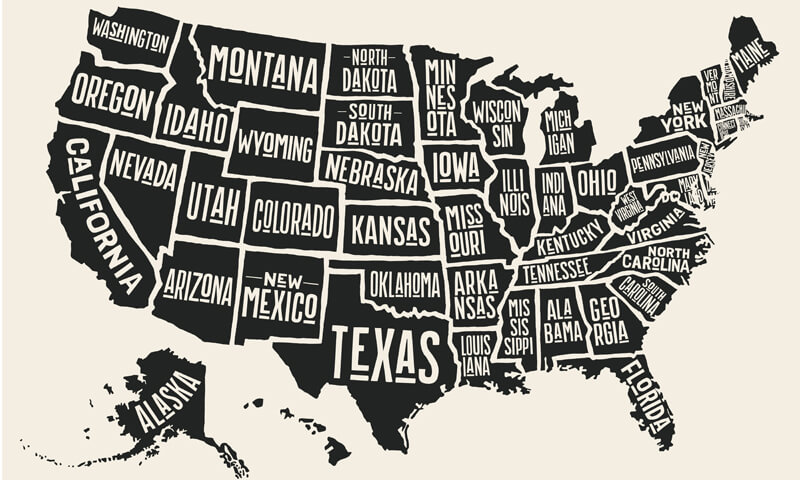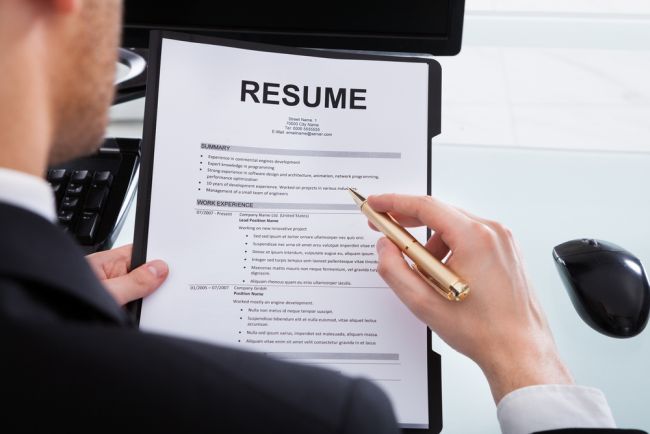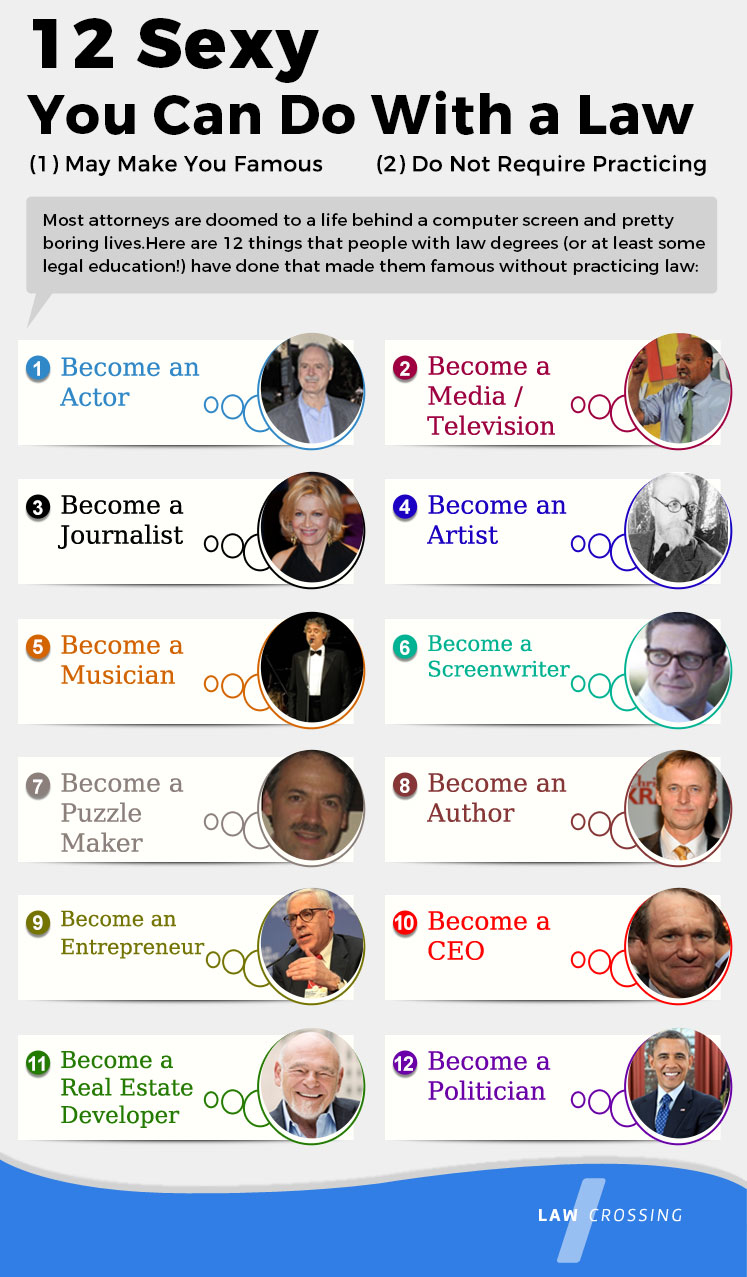Summary: Several lawsuits have been filed in federal courts by states as a result of the Supreme Court’s ruling on voter restriction laws last year.
USA Today reports that the highest court in the country may be set to hear voting rights cases in the near future. Last year, the United States Supreme Court ruled to eliminate a barrier against changes in the voting procedure in several Southern states. Chief Justice John Roberts appeared to place a condition on the ruling: the Voting Rights Act still included a “permanent, nationwide ban on racial discrimination in voting.”
Federal courts are now trying to decipher just what the Voting Rights Act, which became law in 1965, actually means after the 2013 ruling.
Both Wisconsin and Texas federal district courts have filed cases about voting laws. North Carolina and Ohio may also be preparing to file cases. These states have added restrictions to voting in the past few years to fight what they assert is voter fraud. Texas has implemented photo identification rules (which were penned hours after the Supreme Court ruling last year), and North Carolina restricted early voting, provisional balloting, and same-day registration.
Section 5 of the Voting Rights act had loosened voting rules on 15 states. Section 5 required states with a history of discrimination in voting to have any changes approved by the Justice Department. The case, Shelby County v. Holder, struck down this selection of states that dated back over fifty years.
Although Wisconsin and Ohio were not on the list, Wisconsin’s restrictions and Ohio’s early voting cutbacks will likely be fought by Section 2 of the Voting Rights Act, which makes victims demonstrate racial discrimination in voting laws changes once those changes have occurred.
Wendy Weiser of the Brennan Center for Justice at New York University School of Law, stated, “This is a test for how strong Section 2 can be, how strong a bulwark it’s going to be against voting discrimination going forward. I think it is highly likely that one or more of those cases will end up before the U.S. Supreme Court at some point.”
Since the elections in 2010, 22 states have added restraints on voting, and in 15 of these states, the impending federal elections will test the impact of these new restrictions. In 7 of the 15 states, lawsuits have been filed. Three of these, North Carolina, Texas, and Arizona, were previously Section 5 states.
A new law that will cover a method to determine what states are covered is stalled in Congress right now, meaning that Section 2 is the primary defense against voting restrictions. The process is slow, noted Justice Ruth Bader Ginsburg: “Litigation under Section 2…was an inadequate substitute for pre-clearance in the covered jurisdictions” and “places a heavy financial burden on minority voters.”
Wisconsin is first up, with a hearing on Friday in federal court. The American Civil Liberties Union, as well as the Advancement Project, a civil rights group, argue that the law impacts the votes of thousands who may not have the proper identification. This group is primarily seniors, students, the disabled, and racial minorities.
The law was previously ruled unconstitutional by Federal District Judge Lynn Adelman. His decision was influenced by the Supreme Court’s 2008 decision in an Indiana case that upheld a different photo identification requirement. He ruled, “No litmus test…nearly separates valid and invalid election laws. The Supreme Court has adopted a balancing test that courts must apply on a case-by-case basis.” He noted, “…the photo ID requirement results in the denial of abridgment of the right of black and Latino citizens to vote on account of race or color.”
The Section 2 test will be critical, since Section 5 states previously had to obtain federal approval to change voting laws. Rick Hasen, an election law specialist at the University of California—Irvine, observed, “There used to be an additional weapon. That additional weapon is gone, so now everybody’s in the same boat.”
Ilya Shapiro, a senior fellow in constitutional studies at the libertarian Cato Institute, explained that if Section 2 works as intended, perhaps Section 5 wasn’t necessary at all. She explained that the current lawsuits are “vindicating, inadvertently, the court’s ruling in Shelby County. This is the system working. The courts are moving fairly quickly. And these groups seem to be well-funded.”
North Carolina faces a legal battle for a photo identification rule set to take effect in 2016, and Texas is currently fighting voting rights groups that demand Texas be placed back under pre-clearance rules. In Ohio, an appeal is pending on last week’s ruling that cuts to early voting schedules must be restored for upcoming elections.
Voting rights groups explained that they can’t fight every change that governments implement, such as moving polling places and providing insufficient translation services in minority areas.
Katherine Culliton-Gonzalez, the director of voter protection at the Advancement Project, said, “There is a war on voting…politicians are manipulating the voting systems for their own personal gain. We’re not going to be able to litigate our way out of this.”
Photo credit: colorlines.com

















































